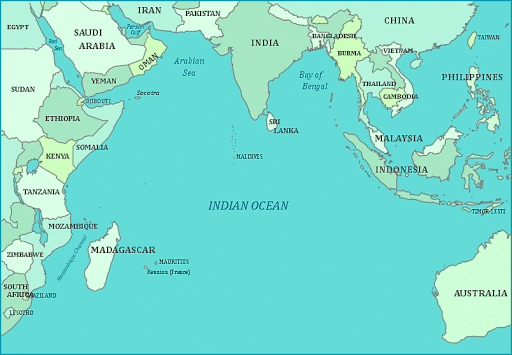900 319 0030
enquiry@shankarias.in
Why in news?
Indian Prime Minister Narendra Modi and the Australian premier, Scott Morrison recently held a virtual summit.
What is the significance?
What are Australia's strengths?
How relevant are these for India?
How has the relationship been in the last few decades?
What are the challenges?
What are the scopeful areas of cooperation?

What is the way forward?
Source: Indian Express